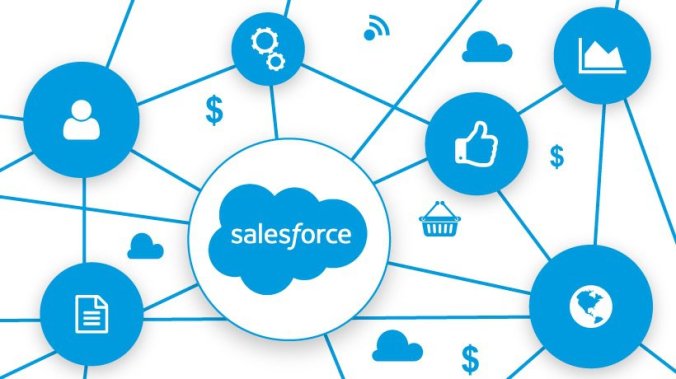
Today, enterprise resource planning (ERP) supplies are at a crossroads on whether to go to the cloud or remain on the ground. The crossroads is as a result of the demands of the conflict of interest between investors and customers.
The last few years have seen many ERP supplies move to the cloud and standardize their demandware api systems. However, majority of their customers are still on the ground and use customized platforms for specific business operations. There is no denying the benefits of a cloud computing model. Suppliers understand the benefits of the model and this is why most of them are leaning towards it.
One of the benefits of having a cloud ERP is that the supplier does not have to support multiple versions of the same software. With cloud ERP, all customers have the same version of the software. This lowers the development costs that suppliers incur but does not provide any cost benefit to customers.
The other benefit of a cloud ERP solution is the subscription model. This model is favorable to suppliers when compared to the licensing model used for on-premise ERP. With cloud subscription, suppliers have a higher bottom line than they have with on-premise solutions.
The above are among the main reasons why ERP suppliers are taking their solutions to the cloud.
On-Premise ERP Systems
However, even as more ERP solutions transition to the cloud, there are some challenges. For example, procurement, finance and human resources (HR) systems are being deployed quickly than ERP operations that manage the daily business resources.
Commerce cloud Administrative ERP are highly standardized and they cannot do anything special. However, it is the processes of operational ERP that differential companies. Differentiation is what will give your manufacturing company an edge over the competition.
To address this challenge, ERP supplies can take existing customized solutions and deploy t hem on the cloud. However, this is largely an IT decision rather than a business one.
Cloud ERP
A number of businesses are opting for cloud ERP in a bid to completely remodel their ERP data and processes. For example, a company can opt to use cloud ERP to improve data quality and standardize process.
Suppliers are encouraging businesses to switch to cloud ERP to benefit from more modern, standardized applications that use the latest technologies. According to experts, moving to the cloud is necessary for any business that wants to stay competitive through improving efficiency and lowering costs.

